Sustainable Food Systems
Terrestrial and aquatic livestock food systems’ attempts to solve food insecurity have focused for a long time on improving productivity, efficiency, and yields. However, more recently the unintended consequences of this have received increased attention, primarily the environmental impacts including greenhouse gas emissions, deforestation, biodiversity loss, land use, water pollution, and natural resource depletion. These food systems are increasingly under threat from the related impacts, such as higher temperatures, shifts in seasons, rainfall variation and droughts, and extreme weather events. Livestock and aquatic food systems also present other challenges such as food safety, zoonotic disease transmission, chemical use (including antimicrobials), and animal welfare and ethics concerns from production to harvesting.

On the other hand, animal derived food systems provide a valuable and concentrated source of bioavailable micro- and macro-nutrients for human consumption, contributing to balanced diets and food and nutrition security, particularly in populations otherwise dependent on cereal-based staple foods. In many cultures, livestock food systems contribute to cultural heritage, social status, landscape conservation, labour, and livelihoods (especially in regions where there are limited other options). Terrestrial livestock play a key role in several regenerative or conservation agricultural systems by managing landscapes, maintaining biodiversity, providing manure for fertiliser, and contributing to soil health and nutrient cycling.
To better understand the complexity, a shift from the food chain of production-to-consumption, we use a food system’s approach that includes aspects of the wider system, including economics, politics, health (of ecosystems, livestock, and humans), and sustainability. This allows us to identify innovative solutions, technologies, and best practices that address key problems and help to maximise positive outcomes, while reducing negative ones or unintended consequences. This knowledge can help transform animal derived food systems into a more environmentally friendly, socially responsible, and economically viable sector.
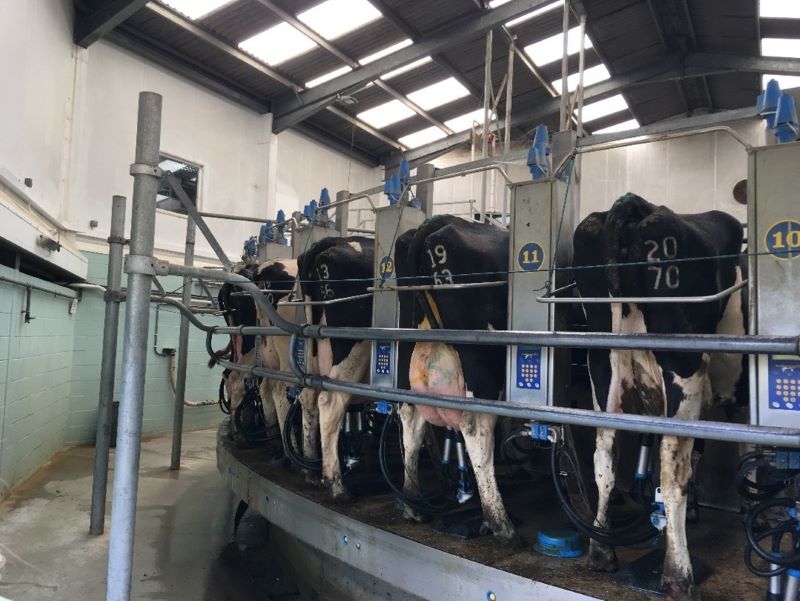
Three overarching themes the sustainable food systems group works on:
The sustainable food systems research at the RVC focuses on generating evidence for more sustainable, healthier and equitable (livestock and fish) food systems:
- Drivers, behaviours, and decision making: Understanding and influencing drivers, risks, behaviours and decision making that shape food systems and their outcomes
- Solutions-driven change: Technical, economic, and governance solutions for improved and more balanced food system outcomes
- Enabling environment: Transparency, agency, and equity based on One Health principles of coordination, collaboration, communication and capacity building
Interest groups
Political economy: This interest group investigates the underlying drivers and consequences of animal derived food systems through a political economy lens exploring ways in which economic, social, cultural and political factors determine individual and community behaviours. This includes considering how political choices, institutional structures and forms of governance influence economic phenomena and how the existing economic and governance structures are reflective of ‘deeper’ determinants, such as colonial settlement, political clientelism, physical geography and natural resource endowments, the disease ecology of societies, and social differentiation among other factors. An understanding of these issues as they relate to livestock production systems is, therefore, necessary for any meaningful research into how our animal derived food is produced and consumed. Methods in political economy provide vital insights into proposing better public policies and interventions to tackle inequalities in livestock food consumption, materialities of production practices, especially in LMICs. Our research ranges from unpacking the role of international financial institutes in intensifying livestock production systems in LMICs; identifying the policy incongruence in post-Brexit livestock schemes; to empirically mapping the unequal ecological exchange of production and consumption in the global south.
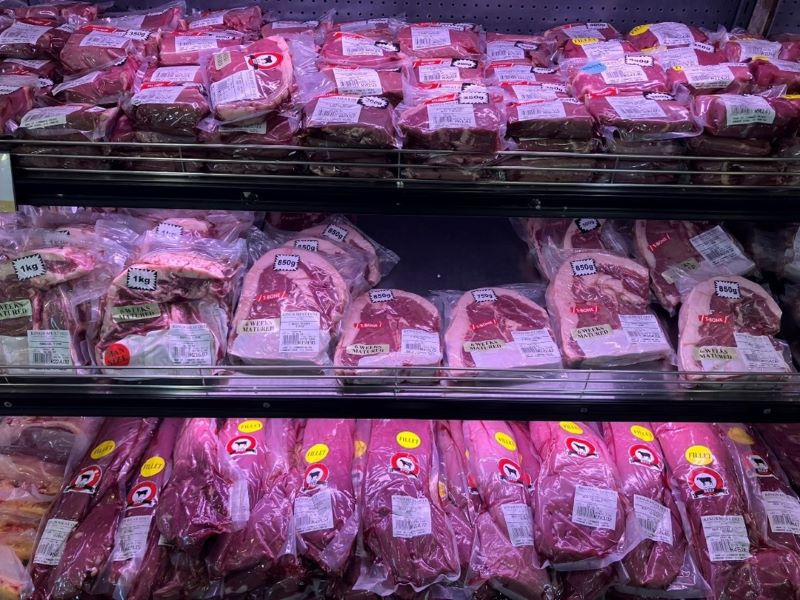
Systems thinking: This interest group uses systems thinking for generating knowledge on healthy and sustainable animal derived food systems aiming to understand the intricate relationships, feedback loops, and interdependencies within the systems. By adopting a holistic approach, systems thinking enables the examination of complex interactions between environmental, social, economic, and health factors, thereby linking the One Health and food systems approach. It allows deepening understanding of the system behind the problem thereby facilitating the identification of key leverage points and unintended consequences and promoting the development of integrated solutions by exploring various scenarios, potential impacts, and trade-offs. It stimulates interdisciplinary and intersectoral collaboration and stakeholder engagement, ensuring diverse perspectives are considered. It enhances understanding of the complexities involved and aids in designing effective policies and practices and allows proposing interventions and assessing their impact, not only in terms of beneficiaries (winners) and positive outcomes but also in terms of victims (losers) and unintended consequences
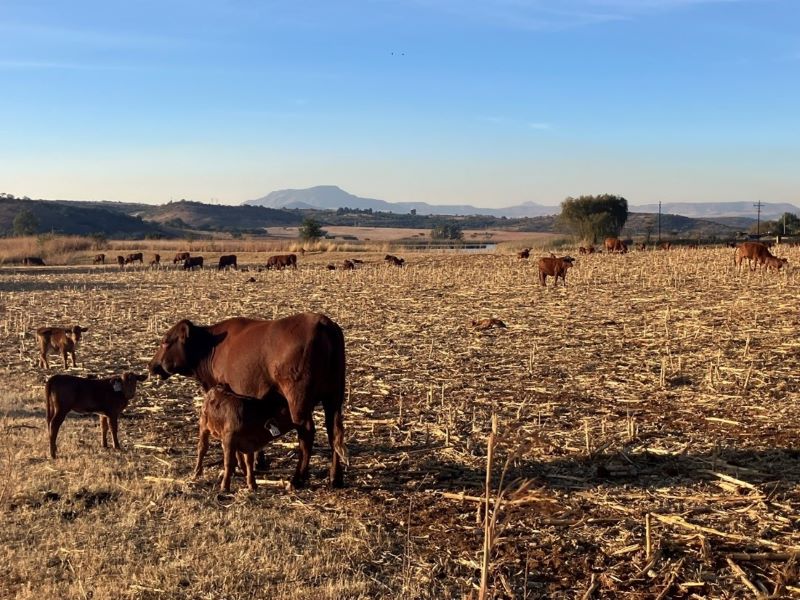
Terrestrial and aquatic livestock health and farm-level management: This interest group works on disease control in livestock and aquatic animals, aiming to understand and manage disease including production diseases. Another area examines reproductive management, including improving breeding techniques, optimizing reproductive performance, and addressing reproductive disorders. Research on antimicrobial use explores the factors influencing responsible, efficient and judicious antimicrobial usage as a means to mitigate antimicrobial resistance. A detailed overview of the RVC’s antimicrobial resistance work can be found here. Additionally, with farmer decision-making factors are analysed influencing management choices, adoption of best practices, and the economic and social implications of those decisions (e.g., antimicrobial stewardship). These research areas contribute to promoting livestock health, productivity, sustainability, and the overall well-being of both animals and farmers.
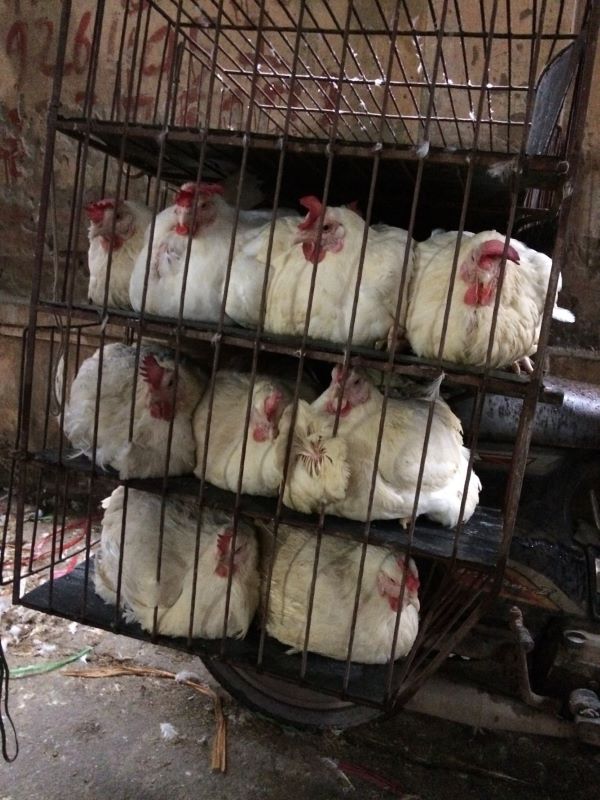
Economic analysis including value chain analysis: Working on value chains, this interest group examines the entire process from inputs in production to consumption and waste management, including the various actors and activities involved looking at value-addition (business/financial value, nutrition value, equity value, food safety or quality value), assessing efficiency and competitiveness, and identifying areas for improvement. This work allows gaining a comprehensive understanding of the relationships, flows, and constraints within the value chain, identifying opportunities to enhance productivity, quality, and profitability, while also addressing social, nutrition and environmental sustainability. Combined with game theory, economic impact studies, economic evaluations, market pricing, competition, concentration and vertical integration, information is provided on how the systems could be made more efficient and equitable.
Animal welfare and ethics: The Animal Welfare Science and Ethics group—originally established as the Centre for Animal Welfare in 2005 within the Department of Veterinary Clinical Sciences at the RVC—brings together expertise in three key areas: animal welfare science, animal behaviour, and ethics. It is driven by a strong commitment to creating tangible benefits for society aiming to make a practical difference by studying animal behaviour, physiology, and pathology in a broad range of systems including animal production systems. Central to the mission of the group is to navigate the complex balance between the welfare of animals and the needs of human society and to address whether human actions toward animals are appropriate, justifiable, or ethical. Details of the group’s activities can be found here.
Projects
Research projects
Links to relevant projects
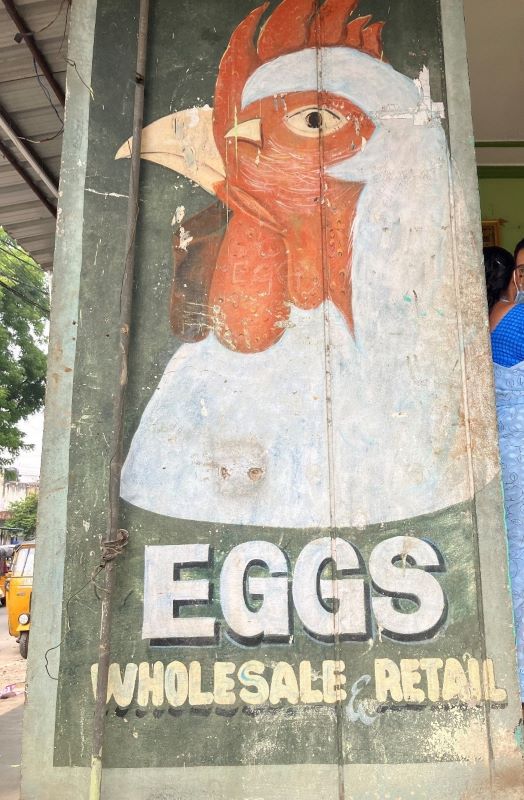
- Critical Research on Industrial Livestock Systems (CRILS) - https://www.crils.org/
- UK CDT food systems - https://foodsystems-cdt.ac.uk/
- Sustainable and Healthy Food Systems programme (SHEFS) - https://shefsglobal.lshtm.ac.uk/
- Kappa Flu: https://www.rvc.ac.uk/research/risk-analysis-and-modelling/news/kappa-flu-a-collaborative-project-to-characterise-avian-influenza-viruses-in-wild-birds
- Action Against Stunting Hub - https://actionagainststunting.org/
- One Health Poultry Hub - https://www.onehealthpoultry.org/
- Aquaculture food systems in Vietnam https://www.rvc.ac.uk/research/projects/amfora-applying-a-one-health-systems-approach-to-formulate-strategies-for-mitigating-risk-to-human-health-of-amr-in-aquaculture
- Implementation evaluation of the UK’s antimicrobial resistance five-year national action plan (NAP) - https://www.rvc.ac.uk/research/projects/veeph/evaluation-of-the-implementation-of-the-uk-antimicrobial-resistance-national-action-plan-in-the-context-of-the-covid-19-pandemic
- More sustainable beef and sheep meat food systems in GB - https://www.rvc.ac.uk/research/projects/veeph/sustainable-and-healthy-food-systems-shefs-programme
Educational projects
Closely linked to our research work are activities that support the acquisition and expansion of skills and competences that facilitate our food systems work and help to contribute to a continuous cycle of knowledge exchange, research, progress and impact. This reciprocal relationship ensures that insights gained through research inform education fostering a dynamic and synergistic loop that drives innovation and advancements within our food systems work.
- UK Food Systems Centre for Doctoral Training - https://foodsystems-cdt.ac.uk/
- Interdisciplinary Food Systems Teaching and Learning (IFSTAL) - https://www.ifstal.ac.uk/
- Interdisciplinary Food Systems Teaching and Learning (IFSTAL) - annual programme
- MSc One Health and MSc Veterinary Epidemiology modules on One Health Economics and Systems thinking
- Undergraduate teaching on food systems and systems thinking
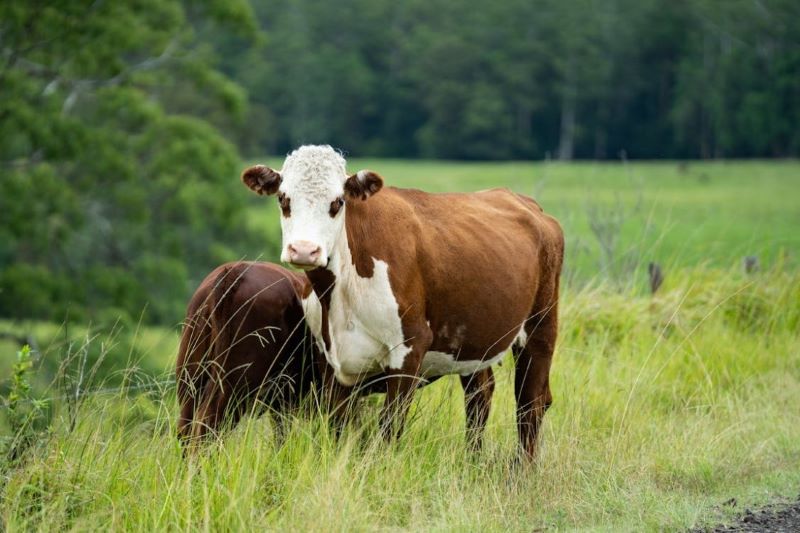
People
Links to people involved (from people’s pages)
- Barbara Häsler - https://www.rvc.ac.uk/about/our-people/barbara-haesler
- Kurt Arden - https://www.rvc.ac.uk/about/our-people/kurt-arden
- Kevin Queenan - https://www.rvc.ac.uk/about/our-people/kevin-queenan
- Niko Dadios - https://www.rvc.ac.uk/about/our-people/niko-dadios
- Mehroosh Tak - https://www.rvc.ac.uk/about/our-people/mehroosh-tak
- Lucy Brunton - https://www.rvc.ac.uk/about/our-people/lucy-brunton
- Pablo Alarcon - https://www.rvc.ac.uk/about/our-people/pablo-alarcon-lopez
- Houda Bennani - https://www.rvc.ac.uk/about/our-people/houda-bennani
- Ivo Syndicus - https://www.rvc.ac.uk/about/our-people/ivo-syndicus
- Mathew Hennessey - https://www.rvc.ac.uk/about/our-people/mat-hennessey
- Louise Whatford - https://www.rvc.ac.uk/about/our-people/louise-whatford
- Steven van Winden - https://www.rvc.ac.uk/about/our-people/steven-van-winden
- Zip Walton - https://www.rvc.ac.uk/about/our-people/zip-walton
PhD students
- Laura Freeland
- Amber Lawes-Johnson
- Urja Thakrar
- David Olufemi Bankole
- Jacob Richardson
- Amelia Coggon
- Zahraa Emambocus
- Claudia Fernandez de Cordoba Farini (co-supervised by RVC)
- Megan Romania (co-supervised by RVC)

Programme leader
Prof. Barbara Haesler
Prof. in Agrihealth
Barbara is a veterinary researcher and Professor in Agrihealth with expertise and experience in livestock food systems, One Health, economics, disease surveillance and control, and development. Her research focusses on sustainable and healthy animal derived food systems and One Health using mixed methods and systems approaches as appropriate for the context and needs. She aims to understand better the dynamics and challenges of animal derived food systems and how transformation can be supported for optimised outcomes for people, animals, and the environment.
